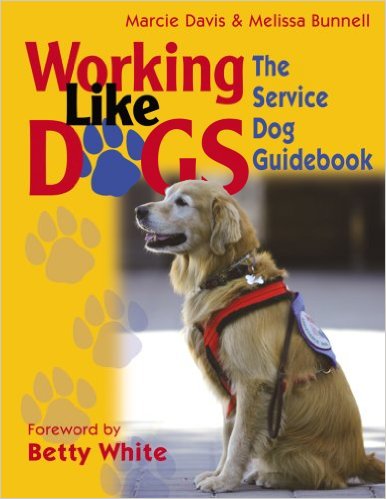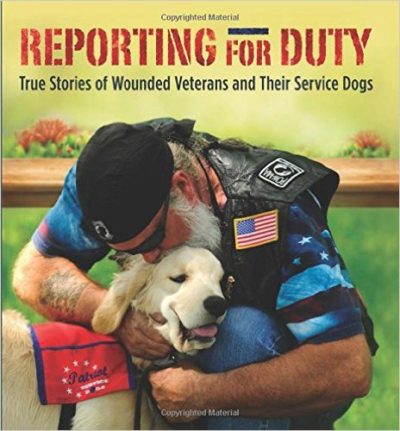
Have you caught the recent articles in New Mobility and Action about Helping Hands: Monkey Helpers for the Disabled? Helping Hands is a national nonprofit organization based in Boston that serves quadriplegics and other people with severe spinal cord injuries or mobility limitations by providing highly trained monkeys to assist them in their daily activities.
I don’t know about you, but I have always been curious about monkeys as service animals. What kinds of tasks do they do? Who’s a good candidate for a monkey? Do they go out in public? My list of questions goes on and on.
I recently had the opportunity to visit with Megan Talbert, the Executive Director of Helping Hands, on Working Like Dogs at www.petliferadio.com. Megan’s passion for these amazing primates was crystal clear. And, she demystified a lot of the mystery around these little helpers.
Megan explained that Helping Hands staff and volunteers train monkeys to perform a variety of tasks, such as putting a CD in a CD player, scratching their partner’s nose, picking up the phone, or adjusting their partner’s eyeglasses. And, if you are a person with a disability, you know firsthand the kind of impact these types of tasks can have on our independence and self esteem.
The monkeys participate in intensive training at the Helping Hands’ Monkey College in Boston, MA. Megan described how the monkeys are trained through positive reinforcement. When they do something correctly, they are rewarded with verbal praise and small food treats such as peanut butter or oats. Helping Hands staff have also come up with some clever alternative devices to help people with disabilities to independently dole out the treats both verbally and physically, thus establishing them as the alpha.
To raise, train, and place one monkey costs Helping Hands about $40,000. And miraculously, recipients do not have to pay for their new helpers. Helping Hands covers ALL the costs involved with receiving and maintaining the monkey. This is a huge gift considering the ongoing vet maintenance and care that goes into one of these highly trained animals. Megan and her staff, board and volunteers are responsible for raising all the funds to support the training, placement and ongoing care of the monkeys.
Given the current waiting lists for service dogs, I was glad to hear Megan encourage individuals interested in receiving a monkey to contact Helping Hands. She said that they never know if someone who applies will be a perfect match for a monkey that is nearing graduation; however, she encourages people to send in their applications.
As anyone who is partnered with a service animal knows, it takes work and commitment from both partners to make a solid working team. It was so exciting to hear about the many ways monkeys are working with their partners with disabilities. I hope you will listen to Megan’s interview on Working Like Dogs at www.petliferadio for more information about Helping Hands.
I am always so moved by the human and animal spirit. When people without disabilities hear about someone who is a quadriplegic or someone who has extremely limited mobility and who minimally leaves their home, they tend to think of them as vulnerable and “less able”. And, let’s face it; they tend to feel sorry for us. Not me. I think it is the coolest thing in the world to think of these folks as the “privileged ones” who have the unique opportunity to bring a capuchin monkey into their lives, to develop an incredibly special bond with that primate, and to have that primate be their personal assistant! How awesome is that?!?





